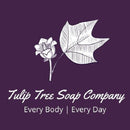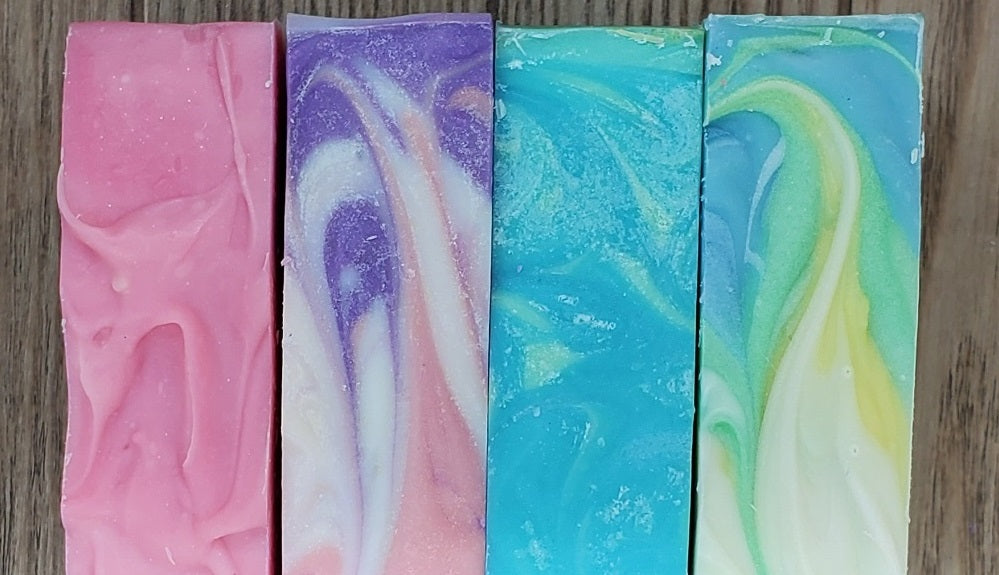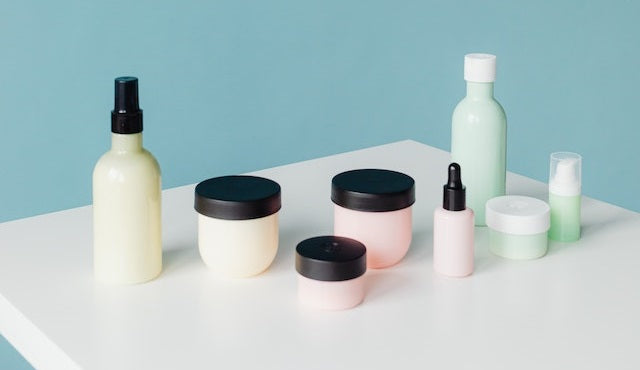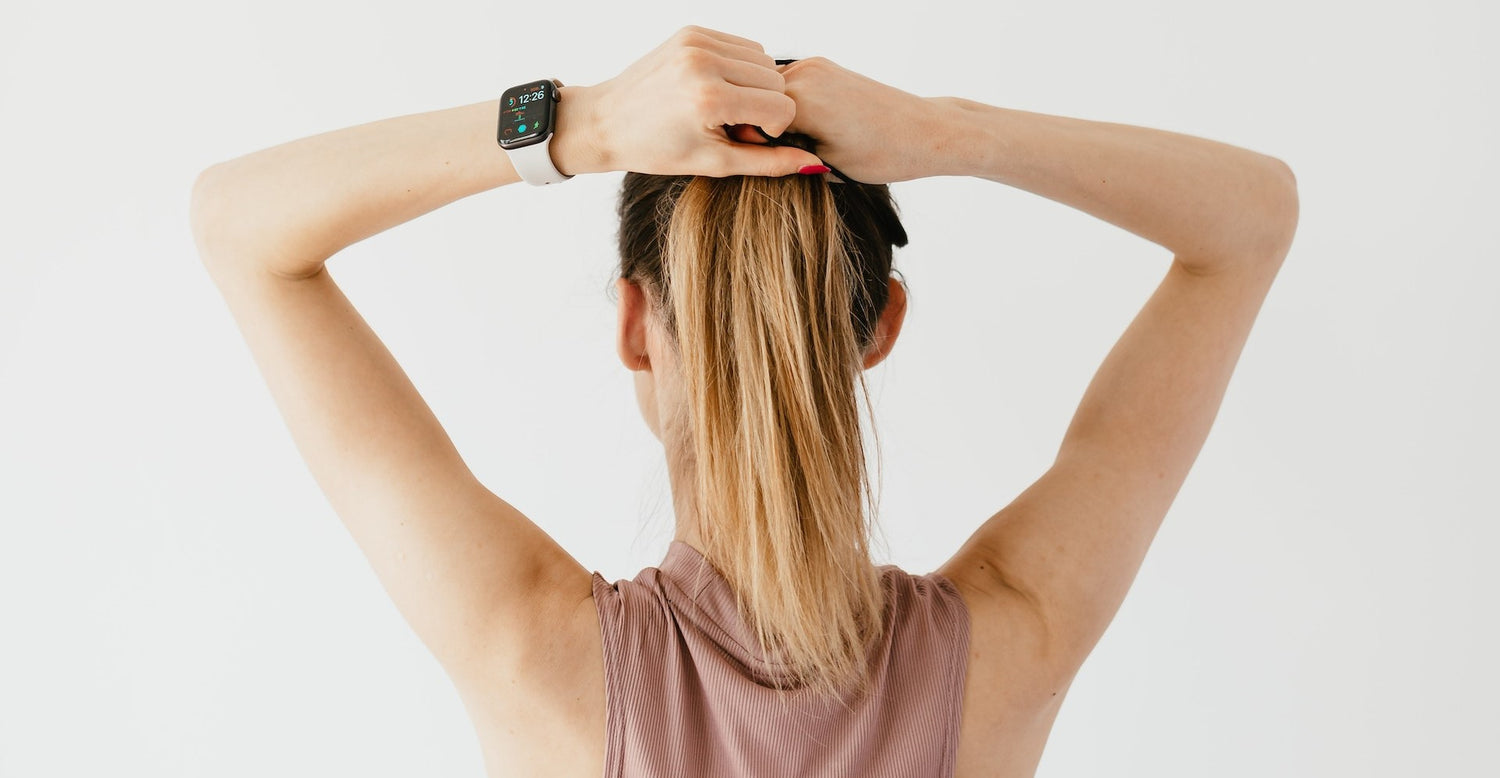Ever see “paraben-free” on a label or in a product description when you’re shopping for lotion, shampoo, bodywash, or other health and beauty stuff? If you’re here, you’ve most likely seen it but don’t know what it means and find yourself asking: What are parabens? Are they dangerous? Why are they in so many products?
To help you shop with confidence, we’re providing you with everything you need to know about parabens (and what to look for instead).
What Are Parabens?
The short answer: Parabens are an ester of para hydroxybenzoic acid (PHBA) used as a preservative to stop mold, bacteria, and fungus from growing in lotion, shampoo, and other personal care products.
The Chemistry of Parabens
Let’s dig a bit deeper. PHBA sounds scary, but it’s actually a naturally occurring organic compound found in coconut, acai berries, and certain kinds of mushrooms and algae. The compound on its own is a white, crystalline substance that is easily solubilized in alcohol, usually ethanol, methanol, or n-propanol. Doing this replaces the hydrogen in the compound, creating a family of esters called parabens.
Parabens as Preservatives
In personal care products, parabens act as a broad-spectrum preservative against a variety of microorganisms by interrupting membrane transport processes and preventing the synthesis of enzymes in bacteria. Because it is readily available, inexpensive, and dramatically prolongs shelf life from just a few weeks to at least a year in most cases, manufacturers have relied on parabens since the 1950s to keep products shelf stable.
Are Parabens Dangerous?
While parabens keep products safe from bacteria and mold, is the preservative itself safe? Let’s look at some of the common concerns.
Endocrine Disruption
The biggest concern is that parabens are thought to be an endocrine disruptor, which is a chemical that interferes with the normal functions of the endocrine system and its corresponding biological processes, including hormone regulation and reproductive processes. More specifically, parabens build up in the body and mimic estrogen which may lead to an increased risk of breast cancer. While scientists have not proven a direct link between breast cancer and parabens, increased amounts of estrogen in the body is a cause has been shown to increase cancer risks and is a cause for concern.
Skin Irritation
While parabens are not considered a sensitizing ingredient, people with sensitive skin may be more likely to suffer an adverse reaction, including itching, redness, or irritation. This risk is compounded when using several items containing parabens.
Environmental Concerns
Parabens found in rinse-off products, like shampoo, conditioner, or body wash, are less likely to absorb into the body, which may be better for the individual person using the product. However, the excess product rinses down a drain and into the wastewater supply. A 2016 study looked at parabens found in wastewater at one New York treatment plant and calculated an average of 176 mg of parabens per day per 1,000 people. Scaling this to the over 8 million people living in New York, and the research team calculated a paraben load of over 500 kilograms per day entering the water system.
While treatment does eliminate up to 98 percent of parabens, there are concerns that large volumes may be detrimental to aquatic life as well as the safety of the drinking water.
It’s important to note that the FDA does not regulate parabens in personal care products and has found them safe for use. The European Union does regulate them, allowing methyl- and ethylparaben in small quantities, but bans the other varieties.
Identifying Parabens on Ingredient Labels
Fortunately, even if a product isn’t labeled “paraben-free,” you can tell from the ingredient label. Look for:
- Methylparaben
- Ethylparaben
- Propylparaben
- Butylparaben
- Isobutylparaben
Alternatives to Parabens
Any emulsified personal care product containing or exposed to water or a water-based ingredient must have a preservative of some type. Otherwise, bacteria and mold begin growing in a matter of days and become extremely dangerous. However, there are several much safer options available, including:
- Sodium benzoate
- Potassium sorbate
- Phenoxyethanol
- Iodopropynyl butylcarbamate
While these are all synthetically derived from natural sources, they do offer the broad-spectrum preservative properties necessary to keep personal care products shelf stable without the risk of endocrine disruption or wastewater contamination.
We Choose Paraben Free at Tulip Tree Soap Company
Honestly, we don’t know if parabens are safe or not. Most likely, you’ll be fine if you continue to use products that contain them, but there may also be risks involved. There really isn’t conclusive data one way or another. However, we know there are safer alternatives that work just as well to keep products long lasting, so we choose not to use them.
From our shampoo and conditioner bars to our skincare items, we are proudly paraben-free at Tulip Tree Soap Company.




